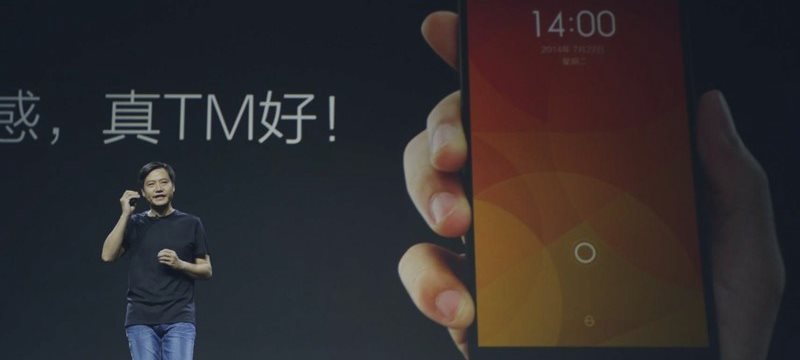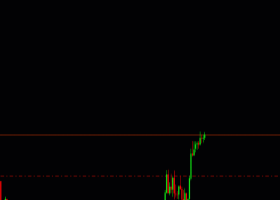
Chinese tech startups raise funds at record pace, spur concerns about overvaluation
Recently, Chinese technology startups have been raising cash at a record speed, driving concerns about their possible overvaluation.
The latest big deal marks an $800 million-plus round for Shanghai-based Dianping, an online-review site similar to Yelp Inc, says The Wall Street Journal.
Late demand from new investors increased the fundraising, pushing Dianping’s valuation to around $4 billion. That is twice what it was a year ago and more than publicly traded Yelp’s $3.4 billion market capitalization. The agreement emerges on the heels of Dianping’s chief rival, Meituan.com, raising $700 million in January.
In the second half of last year Chinese tech companies raised $5 billion in private deals, compared with $700 million over the same period in
2013, according to Hong Kong-based Centre for Asia Private Equity
Research Ltd.
The biggest was a $1.1 billion round by Xiaomi Corp. in December that valued the Beijing-based smartphone maker at $46 billion, making it the world’s most valuable tech startup. This figure is more than four times the $10 billion price tag hung on Xiaomi in August 2013.
Critics consider that China's technology firms are getting huge price tags when they haven’t figured out how to generate revenue consistently, let alone make a profit. Investors and Internet entrepreneurs are using metrics such as user numbers and gross merchandise volume—a common yardstick for e-commerce transactions—rather than revenue and profit.
Some venture investors are slowing investments into private Chinese tech companies this year because they are getting too expensive.
At the same time, questions on if China’s tech sector is overvalued reflect concerns for U.S. tech startups and publicly traded tech stocks. For instance, Snapchat Inc. is now valued at $15 billion after Chinese e-commerce giant Alibaba Group Holding Ltd. invested $200 million in the U.S. messaging company. Although, Chinese and US startups are not identical twins, they are intertwined.
Boosting interest is the entry of wealthy individuals and hedge funds into deals. These investors take smaller stakes with less influence. Rich Chinese want access to private tech deals as real-estate investments look less like a sure bet, says The WSJ.
Translating users to revenue and profit is a challenge for Chinese startups. Most, including Dianping, do not disclose financial information. Lei Jun - Xiaomi founder - said this month its sales more than doubled last year to 74.3 billion yuan (US$11.9 billion), and it expects over 100 billion yuan in sales this year. Xiaomi hasn’t disclosed its profitability. Its investors are betting the smartphone maker can generate additional revenue with its app store and selling services like games.


